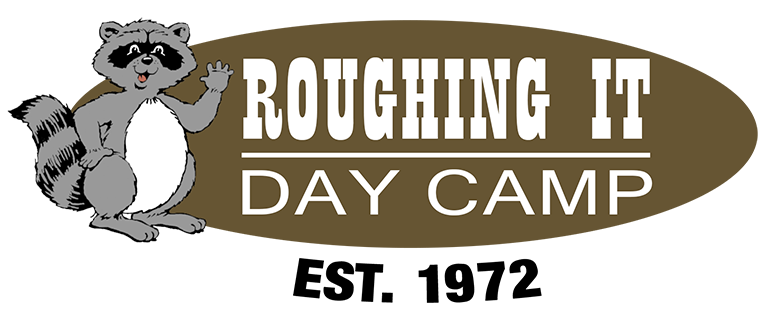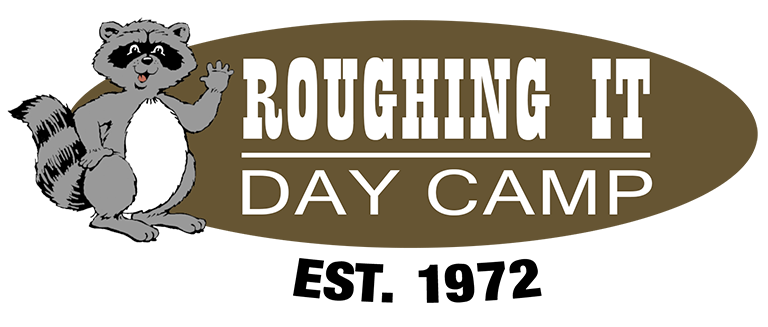
Attending summer camp is an exciting time for children to have the opportunity to try something new and grow in many wonderful ways. How does a parent know whether a child is ready to attend camp? Many children and teens can be anxious about attending camp for the first time, being away from home and taking part in summer activities that are new to them. Parents can be also worried as to whether their camper can cope on their own or if their child has developed the skills needed to enjoy the experience. As a Camp Director with several decades of experience in working with parents, here are some guidelines to use to answer the questions – is my child ready to attend camp?
It has been my experience that Camp readiness is not so much dependent on age as it is on a variety of different skills and habits. Kids’ levels of independence, the way they relate to others, and their habitual day to day choices all help you as a parent perceive whether or not your child is ready to attend camp. We usually break down readiness into 5 categories: Family Relationships,Independence, Friendships and Social Readiness, School and finally overall attitude to life and new experiences.
Being able to listen to instructions and follow directions is an important part of readiness for camp. Children need to be comfortable with listening and cooperating with their family and teachers. Parents should consider how easily their child co-operates at school, at home and with other family members on a regular basis. For the camp experience to remain safe and successful and for safety rules and practices to be followed campers need to be able to co-operate and listen to their Counselors, Activity Instructors and their own group members.

It is important that children are beginning to develop their own independence for a successful transition to camp. The ability to be away from their parents and be around other adults and children is also something children should be able to do before attending camp. Camp will certainly help develop a childs independence and the ability to try to do things for themselves. However this usually happens after a child has made the successful transition from home to camp and is relaxed and happy in the camp setting.
Being able to make friends and to enjoy being around other children is often a highlight of camp. When campers are all learning and having fun together then strong bonds are formed. Friendship-making and keeping skills are practiced at camp. Well trained counselors initiate ice breakers and “getting to know you” activities during the first days of each camp session which helps groups create strong dynamic relationships and loyalties. Having a willingness to make friends and being excited about the possibility of becoming part of a team of similiar age campers is a definite sign that a child is ready to make the leap to camp.
Camp offers many new experiences that will challenge campers to move beyond their comfort zones. A camper will get the most out of camp when he/she is open to trying new activities and is willing, with support, to participate in new experiences. Camp is a place for learning new skills and for helping campers to develop the courage and confidence to try different activities such as horse riding or canoeing which they may have never done before. Camp also helps to test their resilience. When campers try something new and find it takes time and repetition to succeed, it teaches kids the “grit” that they need to achieve in life! This also gives campers a strong sense of achievement.

“When camps are able to get it right and convey to kids that they’re supported and they’re safe, but also they can do things they never dreamed they could do, it becomes a transformative experience.” Paul Tough, author of HOW CHILDREN SUCCEED: GRIT, CURIOSITY, and THE HIDDEN POWER OF CHARACTER, in a speech to the American Camp Association.
Personal growth is one of the first things parents notice about their child after a summer at camp. Equally important, having the time at camp to enjoy unstructured play with friends is a great benefit after a busy school year. Being physically active outdoors in a safe, secure, nurturing environment gives a balance to a child or teen’s life and it’s why camp is so much fun! If you are in doubt about any of these readiness topics, talk with the camp director about your concerns and together they will help you to decide if your a child or teen is ready for camp.
Bob Ditter, a respected clinical social worker who specializes in training camp staff to work with children and has helped us to create a survey parents can take to evaluate whether kids are ready for camp by focusing on these five different areas of readiness. We’ve attached the survey for you. Just click on the link below and you can download the document. If you are undecided about camp then please use it to help you judge your own child’s readiness and utilize the results to find the right camp for your child this summer.



